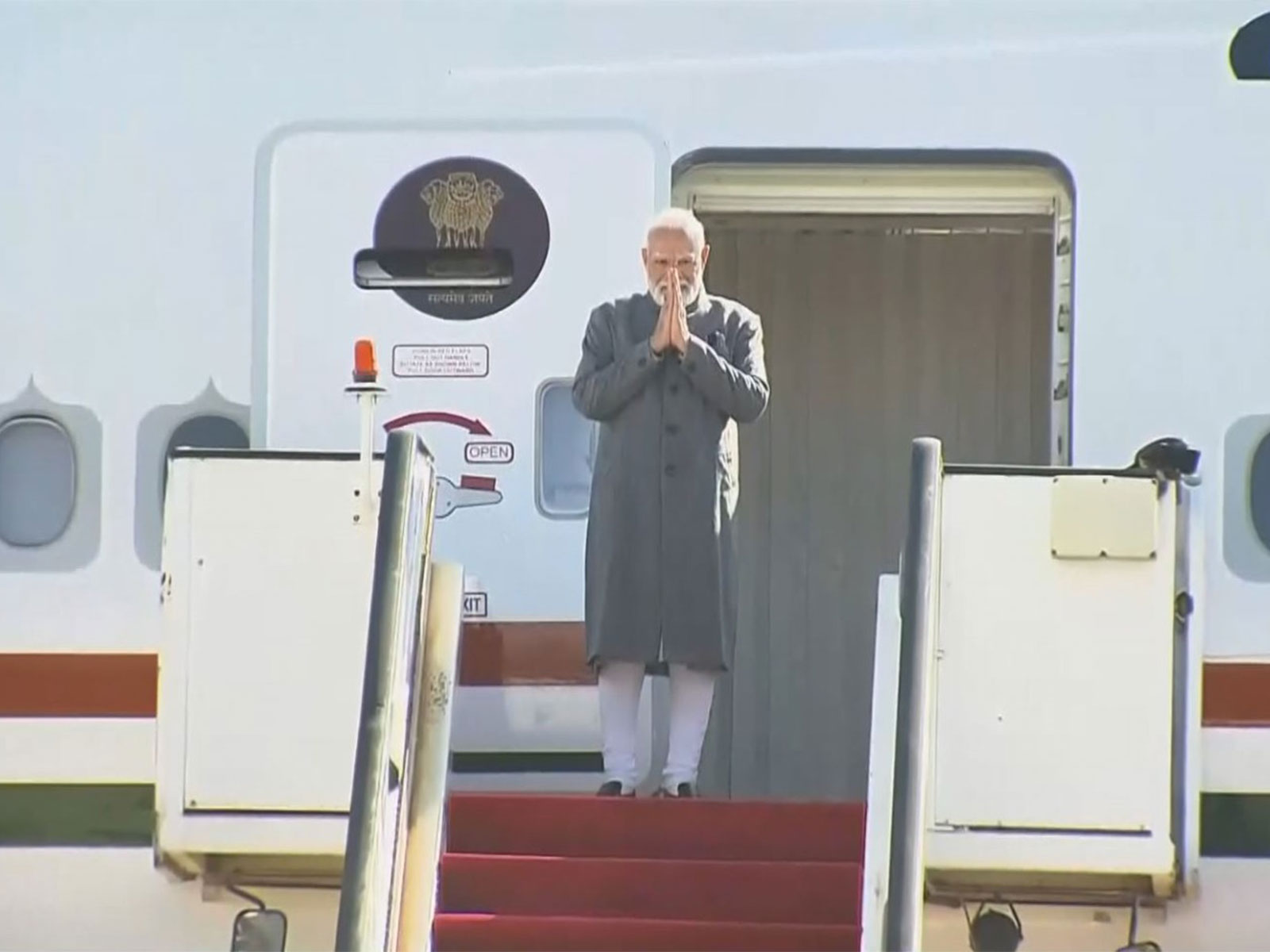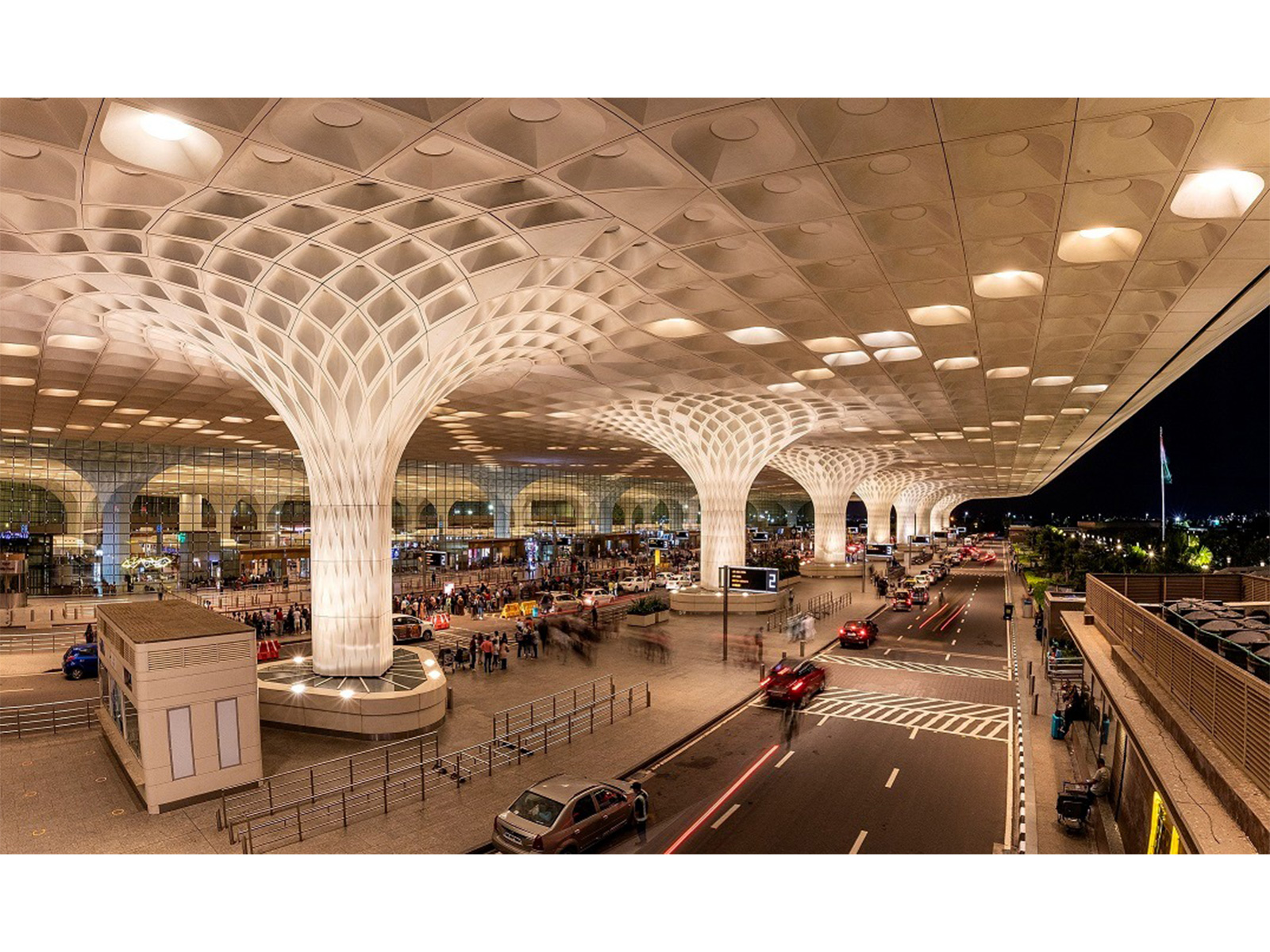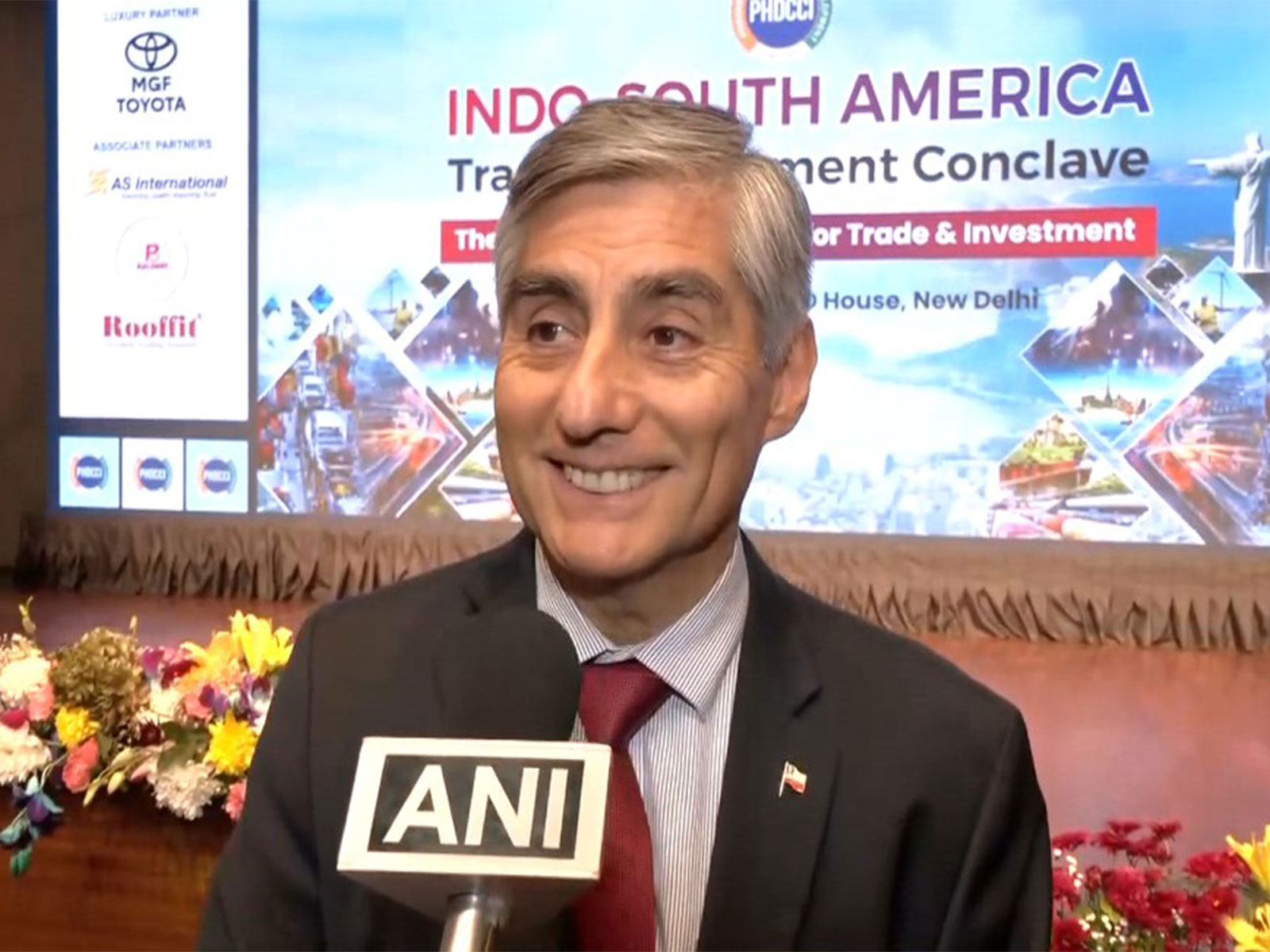Barclays to expand private banking in Singapore from its base in India
Dec 27, 2021

By Lee Kah Whye
Singapore, December 27 : Last week, British banking giant Barclays announced that it had secured a licence from the Australian Prudential Regulation Authority (APRA) to operate as a foreign authorised deposit-taking institution (ADI) in the country. Its Sydney branch is expected to launch services as a foreign bank by April 2022.
The foreign ADI licence will allow Britain's third-largest lender by market value to speed up its plans to provide investors with easier access to Australia. Barclays said it considers Australia as an important part of its growth plans in the region. Setting up a local branch is part of the plan to grow its Australian client by offering its services to more corporate and institutional clients.
"This foreign ADI license reinforces our commitment to Australia and enables us to proactively serve our clients with our global Corporate and Investment Bank platform, supporting their cross-border growth ambitions even further," Barclays' head of Asia Pacific Jaideep Khanna said.
Khanna is based in Mumbai. India is where Barclays has the greatest number of employees outside of the UK.
The Australia news comes less than two weeks after Barclays revealed plans to expand in Asia and in particular to beef up its private banking business in Singapore, and investment banking in Australia.
In August, the bank said it was pumping in more than USD 400 million into its India operations to help grow its corporate and investment banking businesses in the country. It is Barclays' latest capital infusion into the country in the last 30 years. Barclays said the investment would help grow its corporate, debt investment banking, and private client businesses.
To bolster its wealth management business in Singapore, Barclays recently hired senior bankers to be based in its Singapore office. In August, it appointed Evonne Tan, who has over 25 years of financial services experience, as head of Barclays Private Bank in Singapore. Following that, it named Adrian Khoo, formerly from Julius Baer, head of strategic client coverage, and hired Jamie Huang, previously at Bank of Singapore, as a private banker.
In recent years, Singapore has established itself as a leading global wealth management centre.
In Deloitte's 2021 competitive ranking of wealth management centres, Singapore came in second to Switzerland. Deloitte cites Singapore's strengths as being a neutral business hub, with a strong track record for innovation. High net worth individuals choose Singapore to park their investments because of its sound financial regulation, strong rule of law, political as well as economic stability. In addition, Singapore has built up a strong ecosystem of capabilities to support the growth of private banking. Between 2017 to 2019, there was a fivefold increase in the number of family offices in Singapore.
According to a Monetary Authority of Singapore report, in 2020, despite the global pandemic, asset under management (AUM) in Singapore grew by 17 per cent to reach USD 3.5 trillion, faster than the global growth rate of 15 per cent. In 2019, Singapore's AUM grew 15.7 per cent.
Leading the AUM growth in Singapore was the alternative sector which grew 31 per cent to reach USD 705 billion and the private equity funds and venture capital AUM which grew 54 per cent to USD 290 million.
In terms of funds origination, Singapore is the preferred intermediary for international asset managers and investors in the region with 78 per cent of AUM sourced from outside Singapore and 68 per cent of AUM invested in the Asia-Pacific region. Southeast Asian countries are the key investment destinations for funds from Singapore making up 33 per cent of investments.
The move by Barclays to tap the rapid growth in the wealth management business in the Asia-Pacific region should not be surprising as the region has some of the world's fastest-growing economies. With interest rates at record lows globally, the world's top banks are looking for more fee-generating avenues and expanding into promising markets. Barclays' London-headquartered rivals HSBC and Standard Chartered have also been stepping up their focus on Asia this year to boost growth.
Barclays is reversing the broad office closures and redundancy exercises carried out under its previous CEO in 2016 which impacted various Asia-Pacific countries including Australia, South Korea, Taiwan, Malaysia, Indonesia, Thailand and the Philippines. A total of 1,200 jobs were lost. Only its prime brokerage and derivatives business were kept in the region.
Barclays together with its competitors is also increasing its presence in Asia with an eye on the world's second-largest economy, China opening its banking sector to foreign competition. Unlike peers such as UBS Group and Citigroup, Barclays current only has a small presence in China and operates through a single branch and a representative office.
"In China, we are small, we see the potential and we want to continue to invest in a calibrated and deliberate manner there," Asia-Pacific chief Khanna told Bloomberg in an interview. "Diversification in financial services is the holy grail. That has saved firms."
He added that Barclays in 2021-2022 is a very different business from that existed prior to 2016. "It is much more focused now, generating better returns with more local knowledge and more self-awareness."
"We are profitable in the region and I fully expect it to continue in 2022. Our focus is going to be consistent - try and stick to the areas where we are strong. There are enough areas for us to drive returns today and that's what we are focused on."
Barclays is "probably the only international bank of our size and stature that has the regional CEO based out of India - that gives a sense to how important India is," Khanna said.




















